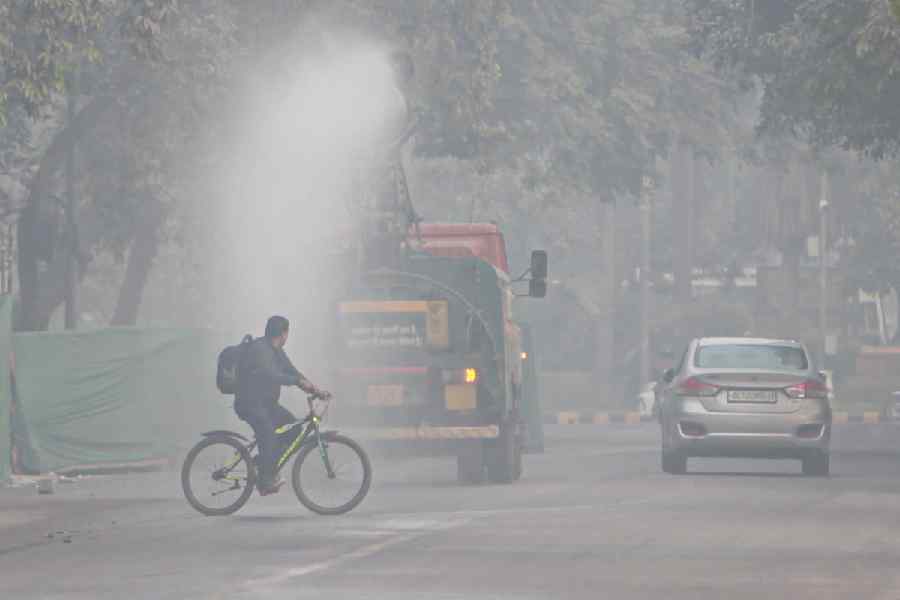School, College & University Sports Competitions to be Postponed? Delhi Govt Issues Directive


The Delhi government has issued a directive to all schools, colleges, universities and sports bodies in the national capital to postpone physical outdoor sports competitions scheduled for November and December due to the deteriorating air quality. The order comes in response to guidance from the Commission for Air Quality Management (CAQM), which mandated immediate measures from state governments in the National Capital Region (NCR) to defer outdoor events amid high pollution levels.
In a circular released by the Directorate of Education and Sports (Delhi), the government emphasised that all government, aided and private schools, including those under the Municipal Corporation of Delhi (MCD), New Delhi Municipal Council (NDMC) and the Delhi Cantonment Board, must strictly comply with the advisory. Universities, colleges and sports associations recognised by national bodies have also been directed to adhere to the order. The directive will remain in effect until further notice.
The step is in view of the alarming air quality in Delhi: on Friday, the Central Pollution Control Board (CPCB) recorded the Air Quality Index (AQI) at 370, categorised as ‘very poor’, a slight improvement from the previous day’s reading of 391. Earlier predictions warned that the AQI might slip into the ‘severe’ band. Out of the city’s monitoring stations, 23 indicated ‘very poor’ air and 13 recorded ‘severe’ pollution levels.
According to the CPCB’s classification, an AQI in the range of 0–50 is ‘good’, 51–100 ‘satisfactory’, 101–200 ‘moderate’, 201–300 ‘poor’, 301–400 ‘very poor’, and 401–500 ‘severe’. With the AQI hovering in the 300s and multiple stations reporting extremely unhealthy conditions, authorities are acting proactively to protect vulnerable student and athlete populations from exposure to hazardous air.
Institutions across Delhi are now advised to monitor air quality updates, postpone all outdoor physical sporting and athletic competitions, and prioritise the health and safety of students and participants until clarity on improvement in air conditions is provided.